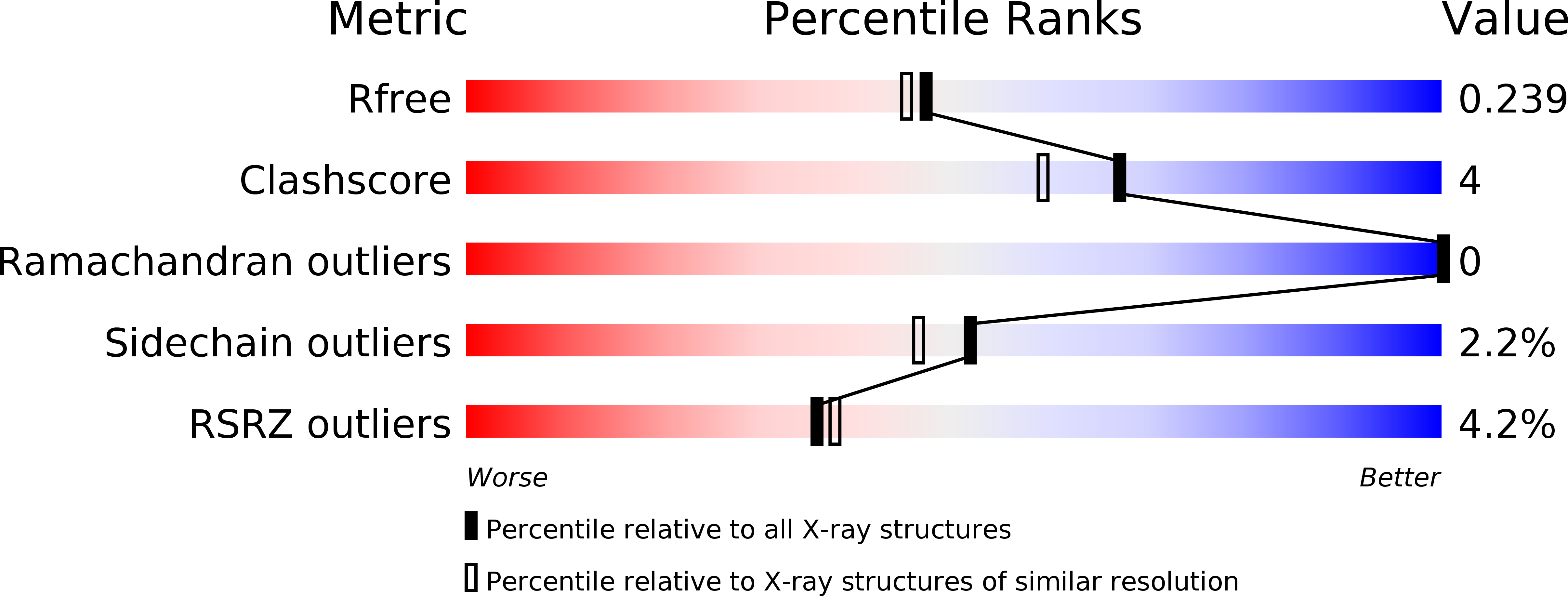
Deposition Date
2015-04-23
Release Date
2015-09-30
Last Version Date
2024-05-01
Entry Detail
PDB ID:
4ZGO
Keywords:
Title:
Structure of C-terminally truncated Cdc123 from Schizosaccharomyces pombe
Biological Source:
Source Organism(s):
Schizosaccharomyces pombe (Taxon ID: 4896)
Expression System(s):
Method Details:
Experimental Method:
Resolution:
2.06 Å
R-Value Free:
0.22
R-Value Work:
0.19
R-Value Observed:
0.19
Space Group:
C 1 2 1


